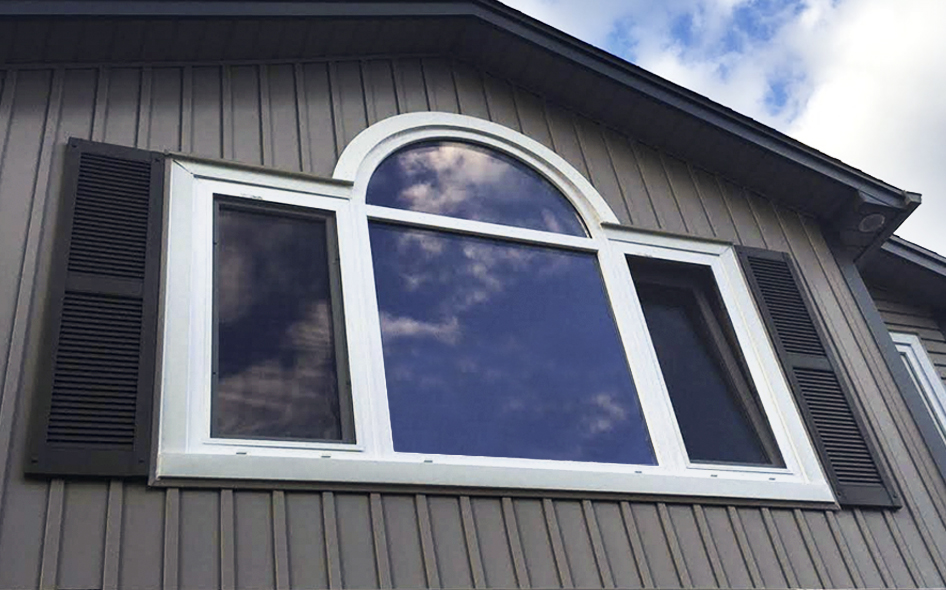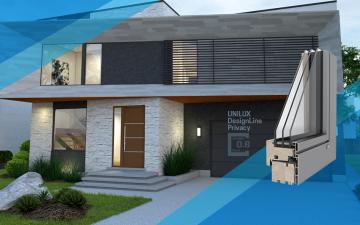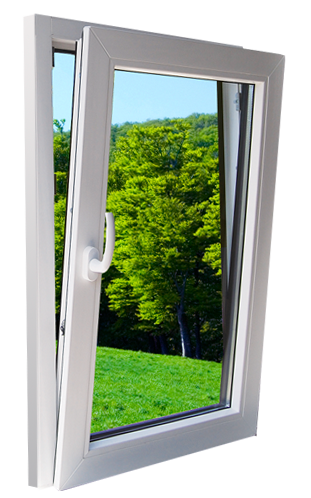Do you know the best type of window for your home?
September 29, 2016
Every home is different. When choosing windows for your home, it’s important to consider your budget, the style of your property and the type of window that makes the most sense for your space. With so many windows on the market, do you know the best type for your home?
Here we take a look at the pros, cons and uses of eight different windows:
Single-Hung
Single-hung windows are a cost effective window option, often found in starter homes, containing one stationary glass pane at the top of the window, and one pane at the bottom that can be opened to let in air. They aren’t the easiest to clean and shouldn’t be used in rooms that need ventilation, like bathrooms. However, single-hung windows have solid curb appeal so are a good option for anyone looking to improve the look of their house on a tight budget.
Double-Hung
Whereas single-hung windows contain one moving pane, the double-hung variety incorporates two moving glass panes that that slide vertically up or down. Although they are a little more pricy than single-hung windows, double-hung are easier to clean and allow for better ventilation since you can let air in from both the top and bottom of the window.
Picture and Stationary
Picture and stationary windows are large glass panes that can be used in place of a wall or as a large portion of a wall, allowing maximum natural light into your home and offering impressive views. They normally can’t be opened so are not the best option if you’re looking to increase airflow in your home, but they can be custom-made in nearly any size or shape. Just make sure to budget for the higher cost!
Sliders
Often used in modern-style houses, sliders are an alternative to single and double-hung windows. Sliders incorporate panes of glass that move horizontally within the frame instead of vertically. They fit most appropriately within rectangular windows that stretch across the width of a room or wall, working well in low-hanging rooms to let in extra light.
Transom
Transom windows are smaller than most, usually short in height and mounted above a door or larger window to let in more light. These types of windows work well paired with patio doors as well, and are most commonly found in century homes to create the impression of bigger rooms and hallways.
Awning
Awning windows are hinged at the top and swing out from the bottom to let in cool breezes while blocking other elements such as rainfall. Because of their rectangular shape, awning windows are rarely used as the main windows in a home, but are ideal for basements and smaller spaces, or incorporated with a stationary picture window.
Casement
Casement windows have a side hinge and swing outwards, like a door, operating on crank handles. They let in a lot of natural light and are known for being energy efficient. However, the crank can be difficult to turn and casement windows are not considered the most aesthetically pleasing window type.
Tilt-and-turn
Tilt-and-turn windows are the most versatile windows available. With a turn of the handle, tilt-and-turn windows tilt inwards at the top, letting in the air without creating a draft. With a further turn of the handle, the entire window opens inwards, allowing for full ventilation and easy access for cleaning. The multi-point locking system gives you unmatched security and the panes are unobstructed, allowing for impressive views.
To learn more or to obtain a free, no-obligation quote, Contact us at Catana Windows.





